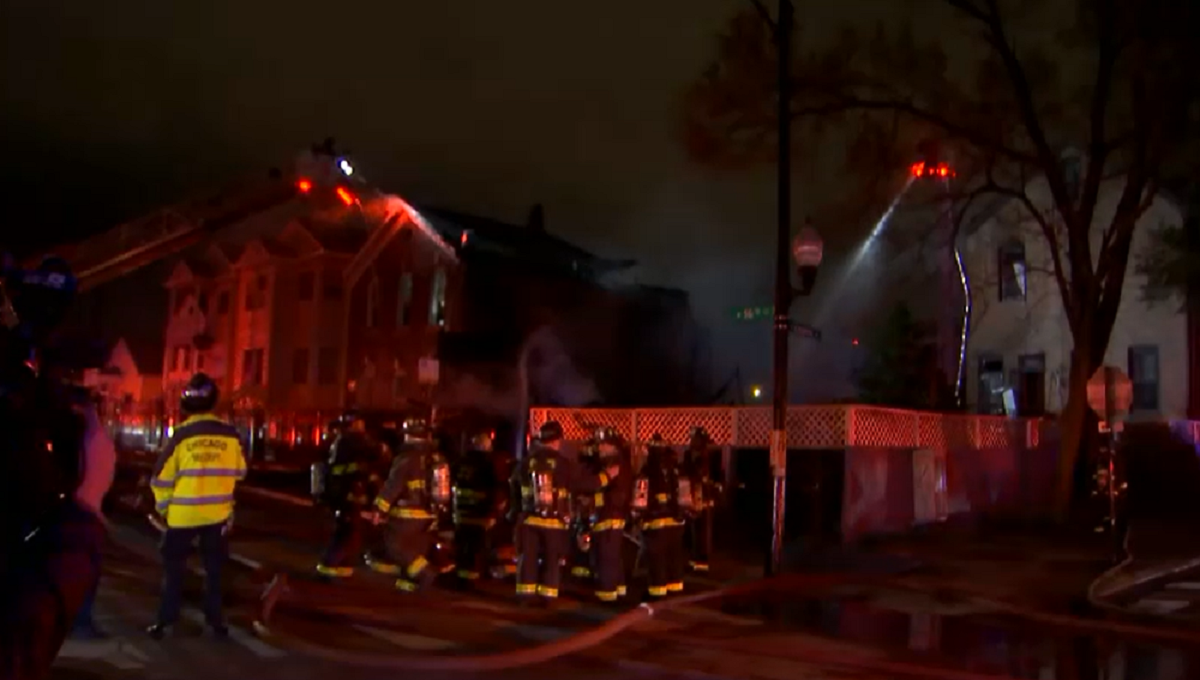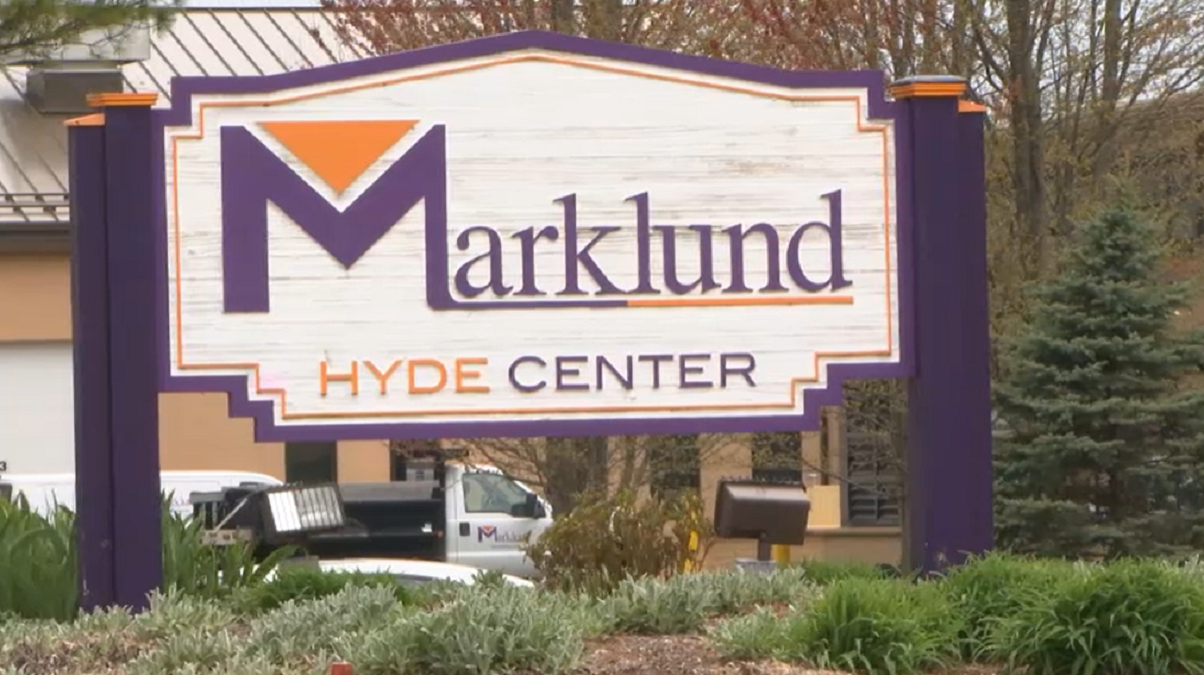
Sued for nearly $1 million in back rent, a national cannabis chain says a federal judge can’t order it to pay up because its business isn’t even allowed to operate under federal law.
The rental contract for a Fulton Market storefront therefore “cannot be enforced in [federal] court,” contends MedMen, a California-based company.
But the landlord, Thor Equities, said Illinois law actually closes that potential loophole and insists the lease is both “valid and enforceable.”
The novel legal battle is shaping up in the Southern District of New York, where Thor Equities filed a lawsuit in July after MedMen allegedly stopped paying rent under a 15-year lease it signed in 2019.
Feeling out of the loop? We'll catch you up on the Chicago news you need to know. Sign up for the weekly Chicago Catch-Up newsletter here.
Thor filed the lawsuit in the New York federal court because it is headquartered and registered in New York City. But U.S. District Judge J. Paul Oetken questioned whether the lawsuit belonged there and said he was inclined to dismiss it.
Thor, a real estate and leasing company, responded by saying it might shift its legal action to a state court in California, where MedMen is based and where cannabis sales are legal, according to court documents.
MedMen argued Thor is just “shopping” for a better playing field and said it can’t pick a new forum.
Local
Thor “elected to commence this action in this court,” MedMen said in a letter filed with the court. “Now [it] wants to dismiss this action and commence a separate action in California state court where [it] apparently believes it has a better chance of prevailing.”
MedMen contends the lawsuit should stay in federal court, where the company says the judge has no choice but to dismiss it. MedMen said it is not disputing the lease, but the federal court’s ability to enforce it.
“As [Thor] well knows … it is not entitled to judicial enforcement,” MedMen said. “The distribution and sale of marijuana and the lease of real estate for such purposes is still illegal under federal law.”
But Thor maintains that MedMen “entered into a valid and enforceable contract” that stood to reap upwards of $70,000 a month in lease payments.
MedMen does not list the Fulton Market storefront as a dispensary on its website, but the lawsuit notes the storefront was formerly used as a warehouse supporting MedMen’s dispensary in Oak Park.
Thor also noted in a court filing this week that laws in both California and Illinois prohibit companies like MedMen from using federal illegality of pot as a defense in legal action.
MedMen “irrevocably” and “unconditionally” needs to pay, Thor argued.
According to one legal expert, MedMen’s longshot defense could have huge implications for cannabis firms.
In Illinois, the companies face an uphill battle of finding sources willing to fund them under a “very difficult set of rules,” said John Daley, a partner at Converge Public Strategies, which represents clients in public policy matters in Chicago.
If MedMen were to succeed in federal court, “it would be horrible,” he said. “This could have a catastrophic effect in where an already risky space becomes too hard for investors to touch at all.”
No one would go into business with cannabis firms, Daley said, because “basically, it would allow them to not make good on the promises that they make to those capital sources.”



